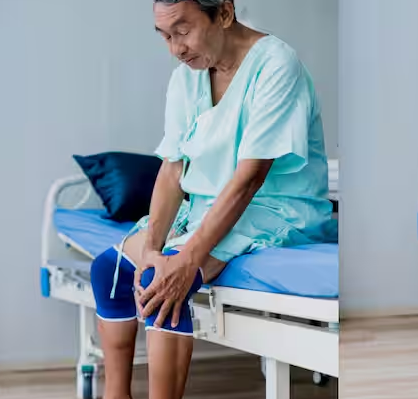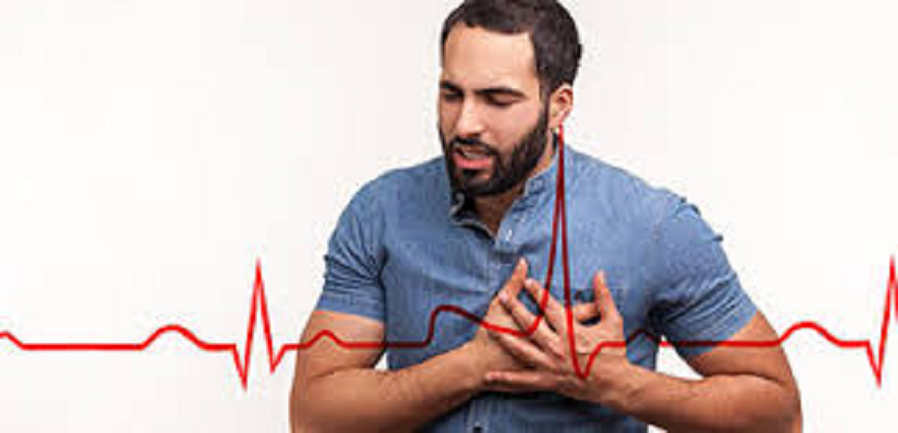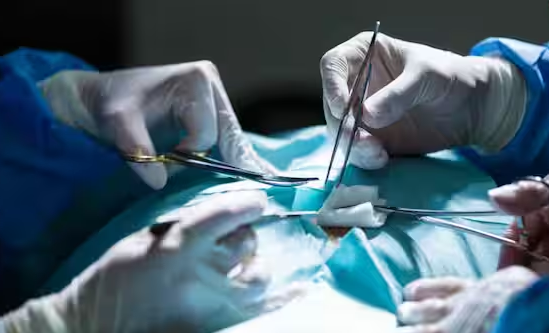Heart Attack Treatment: What should you do if you're home alone and have a heart attack?
- bySherya
- 08 Oct, 2025
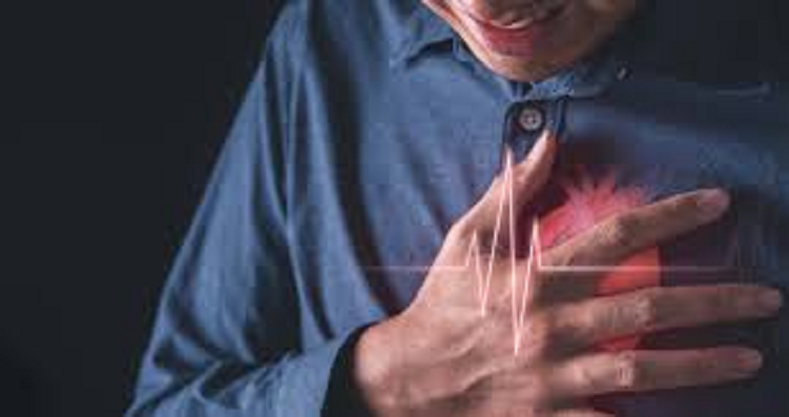
Heart Attack: The number of heart attacks has been increasing rapidly in recent times. What should you do if you are alone and have a heart attack? Let us explain this in detail.
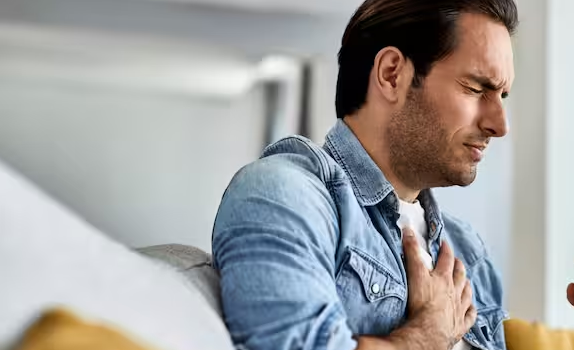
Heart Attack Symptoms: In the past few months, you must have heard or read about people having heart attacks. People are collapsing and dying at weddings while dancing, eating, or drinking. Heart attack cases have risen sharply after the coronavirus pandemic. Imagine being home alone and having a heart attack. What would you do? Because there's no one to help you. If this has you worried, don't worry. Let us share some expert tips on how to prevent a heart attack if you're home alone.
When does a heart attack occur?
While you might think a heart attack comes suddenly, the truth is it doesn't. It occurs when cholesterol and fat build up in our arteries, forming plaque that not only obstructs blood flow but also damages the heart muscle. Doctors say most heart attacks occur when people are alone, making them even more dangerous and life-threatening.
What to do in case of a heart attack?
Experts say you need to be aware of this so you can save your life. Some of the symptoms of a heart attack include sharp or pressing pain in the chest, pain spreading to the arms (especially the left arm), neck, jaw, and back, difficulty breathing, severe fatigue, nausea and vomiting, and excessive sweating. If you experience any of these symptoms, doctors advise against taking them lightly. Furthermore, symptoms may vary in women, such as severe pain in the neck, arms, or back. Sometimes a heart attack doesn't strike suddenly. Many people may experience warning signs hours, days, or weeks beforehand. Persistent chest pain or pressure that doesn't go away with rest can be an early sign of a heart attack.
What to do in case of a heart attack?
Experts advise that if you are alone and have a heart attack, the first thing to do is call emergency services immediately. Explain the situation to the operator and follow their advice. Secondly, as soon as you feel the symptoms of a heart attack, chew and swallow an aspirin tablet. Doctors say this helps prevent heart attacks from becoming serious. If you feel you are experiencing symptoms of a heart attack, immediately sit in a position that is comfortable for you. Until an ambulance or doctor arrives, immediately call a friend, family member, or neighbor so they can help.

